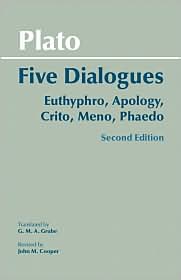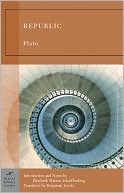The Emergence of Logical Empiricism: From 1900 to the Vienna Circle
Search in google:
A new direction in philosophyBetween 1920 and 1940 logical empiricism reset the direction of philosophy of science and much of the rest of Anglo-American philosophy. It began as a relatively organized movement centered on the Vienna Circle, and like-minded philosophers elsewhere, especially in Berlin. As Europe drifted into the Nazi era, several important figures, especially Carnap and Neurath, also found common ground in their liberal politics and radical social agenda. Together, the logical empiricists set out to reform traditional philosophy with a new set of doctrines more firmly grounded in logic and science. Criticism and declineBecause of Nazi persecution, most of the European adherents of logical empiricism moved to the United States in the late 1930s. During the 1940s, many of their most cherished tenets became targets of criticism from outsiders as well as from within their own ranks. Philosophers of science in the late 1950s and 1960s rejected logical empiricism and, starting in the 1970s, presented such alternative programs such as scientific realism with evolutionary epistemology. A resurgence of interest During the early 1980s, philosophers and historians of philosophy began to study logical empiricism as an important movement. Unlike their predecessors in the 1960s-for whom the debate over logical empiricism now seems to have been largely motivated by professional politics-these philosopher no longer have to take positions for or against logical empiricism. The result has been a more balanced view of that movement, its achievements, its failures, and its influence. Hard-to-find core writings now availableThis collection makes available a selection of the most influential and representative writings of the logical empiricists, important contemporary criticisms of their doctrines, their responses, as well as the recent reappraisals. Introductions to each volume examine the articles in historical context and provide important background information that is vital to a full understanding of the issues discussed. They outline prevalent trends, identifying leading figures and summarize their positions and reasoning, as well as those of opposing thinkers.
Series IntroductionVolume IntroductionSpace and Geometry1Physical Theory and Experiment22The Relation of Sense-Data to Physics61Geometry and Experience97The Operational Character of Scientific Concepts127The Theory of Logical Types141On the Theory of the Formation of Concepts179Logical Atomism203The Foundations of Mathematics228Comments on Hilbert's Second Lecture on the Foundations of Mathematics244The Present State of the Discussion of Relativity249Uber die Aufgabe der Physik und die Anwendung des Grundsatzes der Einfachstheit294Epistemology and Modern Physics313The Scientific Conception of the World: The Vienna Circle321Carnap's "Aufbau": Some Kantian Reflections342Die Vergessene Rezension der "Allgemeinen Erkenntnislehre" Moritz Schlicks Dutch Hans Reichenback - Ein Stuck Philosophiegeschichte349Epistemology in the Aufbau367Acknowledgments411








